Its population is 26 million, its capital is Niamey and its currency the West African 'euro', the Commonwealth franc. Anyone who knew all this about Niger before the last few weeks should enter a game show. It is one of the poorest countries in the world, and its people are rarely seen where those of other African countries are: on sports fields, for example, where the representatives of the neighboring Nigeria are doing so well at the Women's World Cup. The basic facts about Niger are not particularly exciting. More telling is the fact that its modest population lives in a huge country 14 times the size of Hungary and more than twice the area of France. More precisely, they are trying to live: most of the country’s area is desert, and the population has to face further desertification and soil erosion.
But Niger would not have made the headlines even wit that, if not for the July coup in which the military junta overthrew President Mohamed Bazoum. If we read into Ed Luttwak's classic Coup d’Etat: A Practical Handbook, we learn that the people of Niger have seen seven coup attempts (both successful and unsuccessful) between 1974 and 2010, but more recently their country has been a rare island of stability in an unstable region. Now, a game of nerves is going on: after the junta failed to leave and restore Bazoum's rule by the deadline, the world is watching to see whether ECOWAS, the region's 'NATO', intervenes or not. Niger is also a member of the organization (only its membership has been suspended because of the coup).
The threat of an all-out regional war has been raised by the closure of Niger's airspace, which can be a calm before the storm. France, the former colonial power and the most active European country in West Africa suspended the flights of its national airline even to some neighboring capitals. Negotiations are also under way within the EU in a fiery atmosphere. France and the Wagner group are both lurking in the desert in the name of hard geopolitical interests. The Russians are building on the anti-French sentiments of the West Africans.
We Hungarians have learned in the last thirty years what a regional war means. It results in a wave of refugees, in our case from the Yugoslav wars and the war in Ukraine. But the population of the West African region is seven times that of the former Yugoslavia and Ukraine together. It equals that of the whole EU. From Mauritania to Ethiopia, the Sahel is one of the world's most sensitive zones from a security aspect.
In a regional war in which each side have their own agenda, the hundreds of millions of migrants mentioned by experts is no exaggeration. In the next few years, that many could be on their way to Europe, the most accessible corner of the developed world. Even when it is not in the news, West Africa is suffering from a combination of shrinking arable land and population explosion - a woman in Niger, for example, gives birth to an average of seven children - food shortages, Islamist terror and Christian persecution. War may be the last straw in a cup of intolerable conditions.
Europe is now sounding the alarm on migration. The Hungarian position is that the problem should not be brought here, but solved locally. EU diplomacy can finally prove that it is capable of more than its dismal track record suggests.
The crisis in Niger is also a warning sign of an even bigger migration challenge: the UN projects Nigera's current population of 213 million to reach 400 million by 2050 and 550 million by 2100.
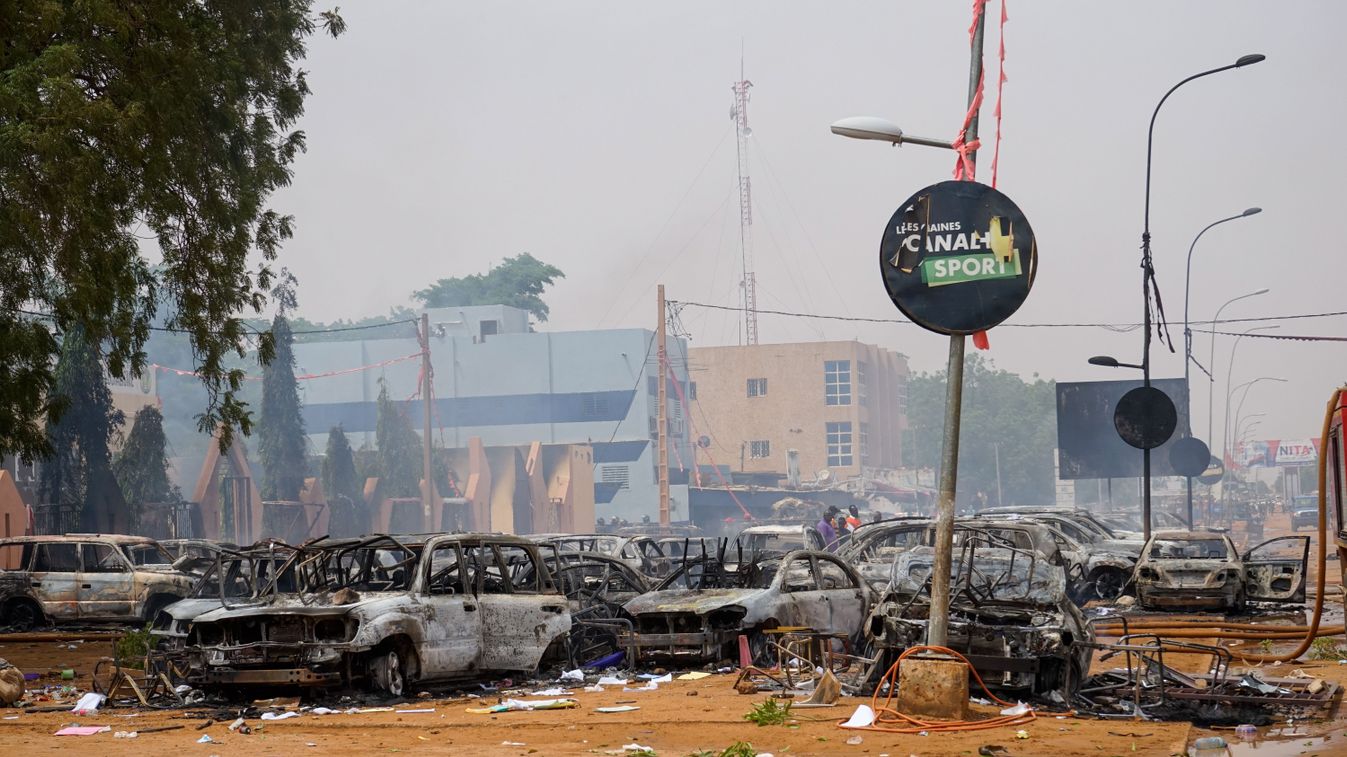


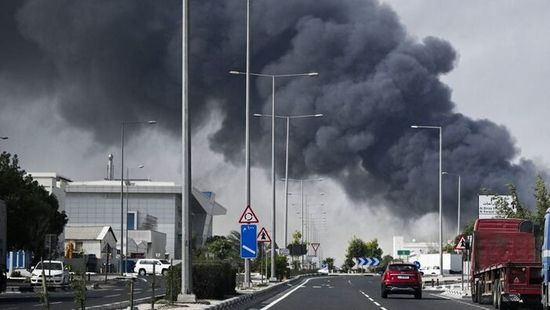
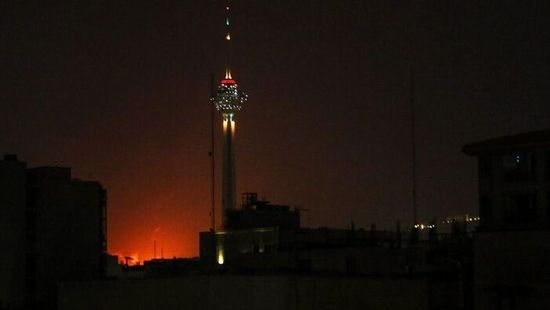


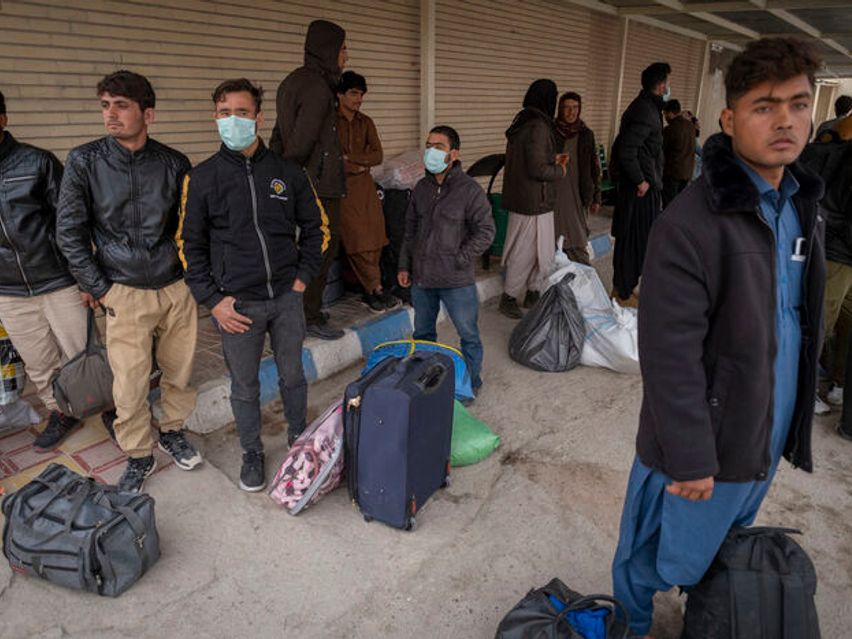






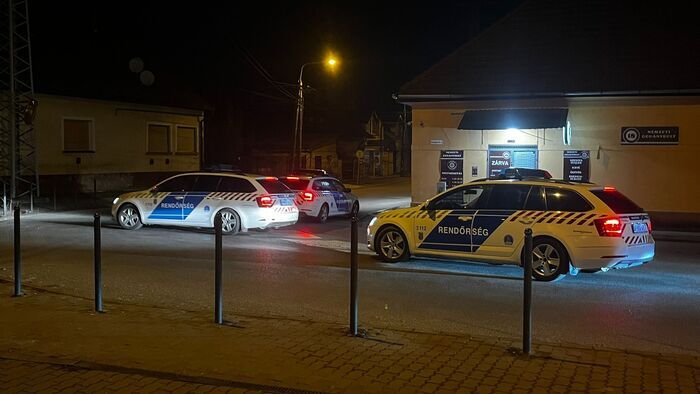






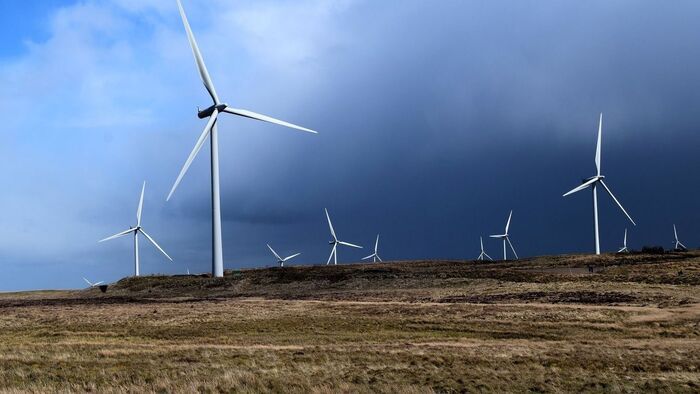

Szóljon hozzá!
Jelenleg csak a hozzászólások egy kis részét látja. Hozzászóláshoz és a további kommentek megtekintéséhez lépjen be, vagy regisztráljon!